SportEYE has been designed under the horizontal priority “Environment and fight against climate change” of the Erasmus+ Programme, with a special focus on “Promoting education in and through sport” as it aims at supporting skills development in sport and environmental sustainability. More specifically, the project will be focusing on SDGs 4 (quality education), 11 (sustainable cities and communities), 12 (responsible consumption and production), 13 (climate action), 14 (life below water), 15 (life on land), 16 (peace and justice strong institutions) and 17 (partnership to achieve the goal.
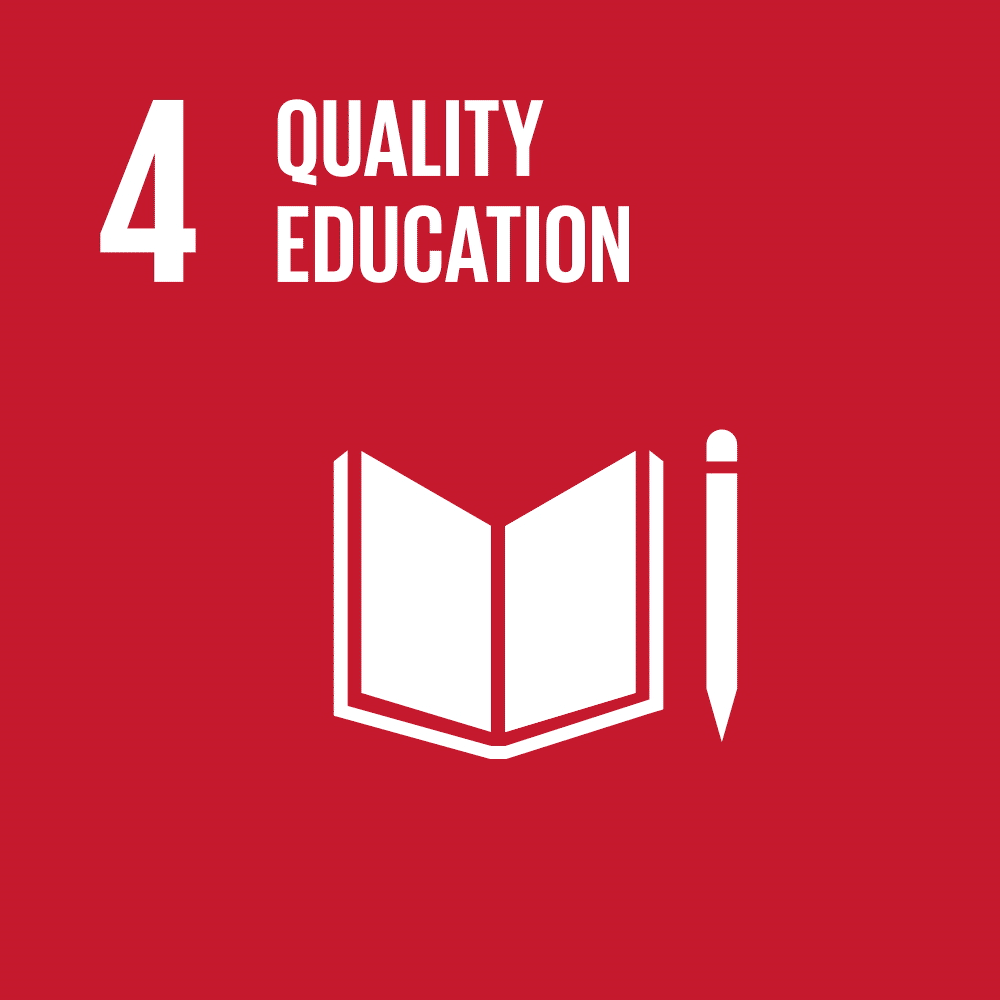
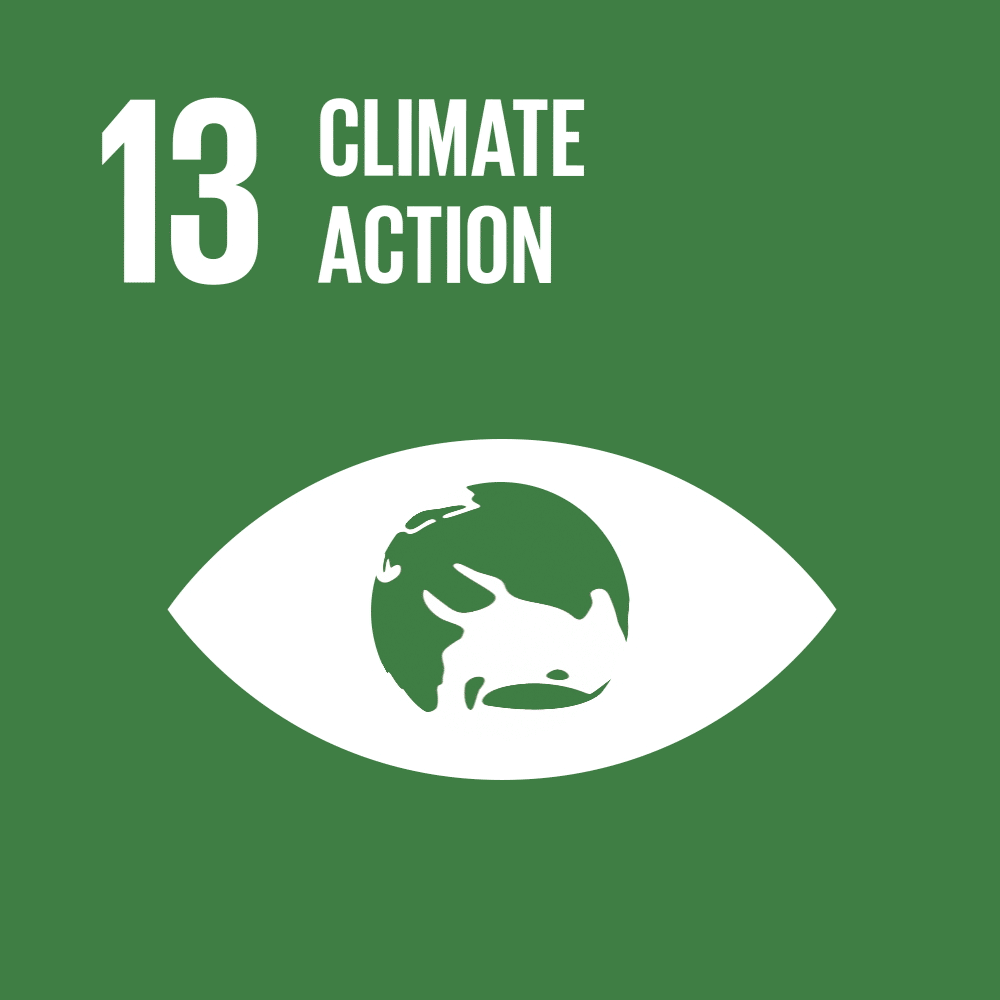
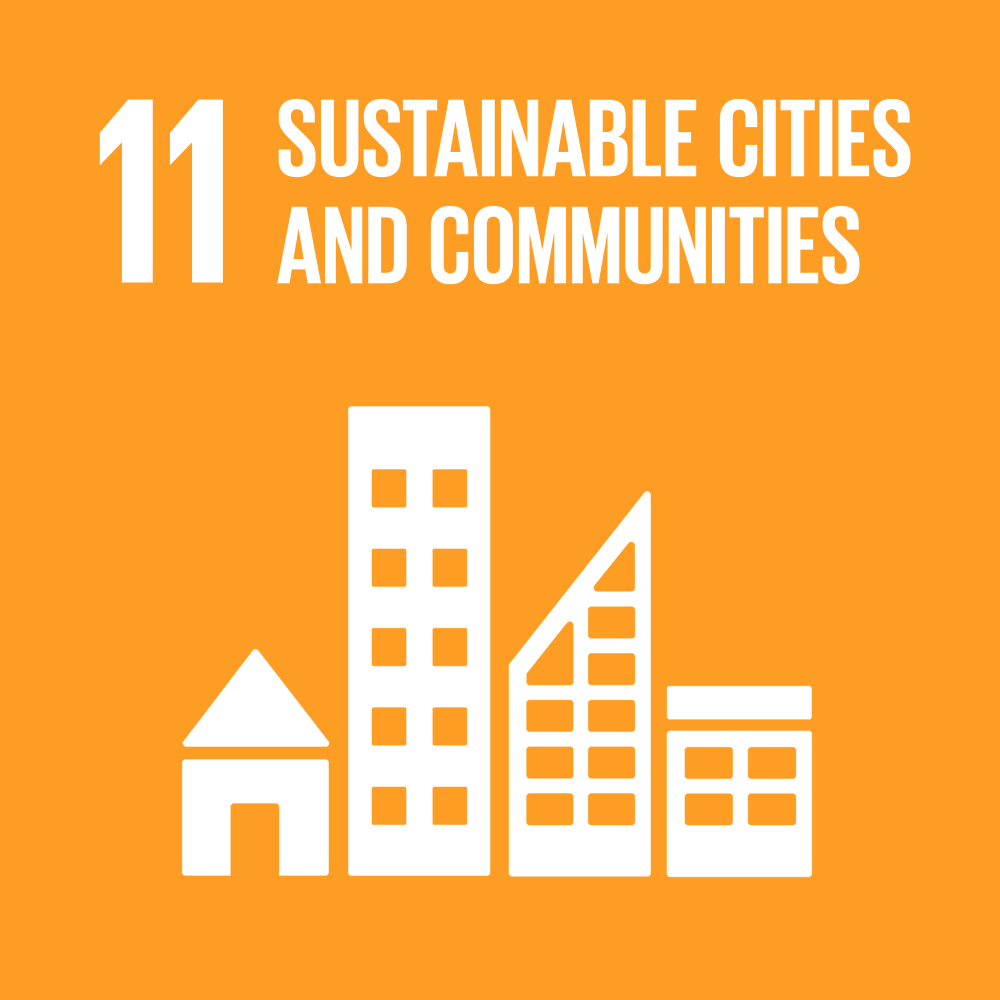
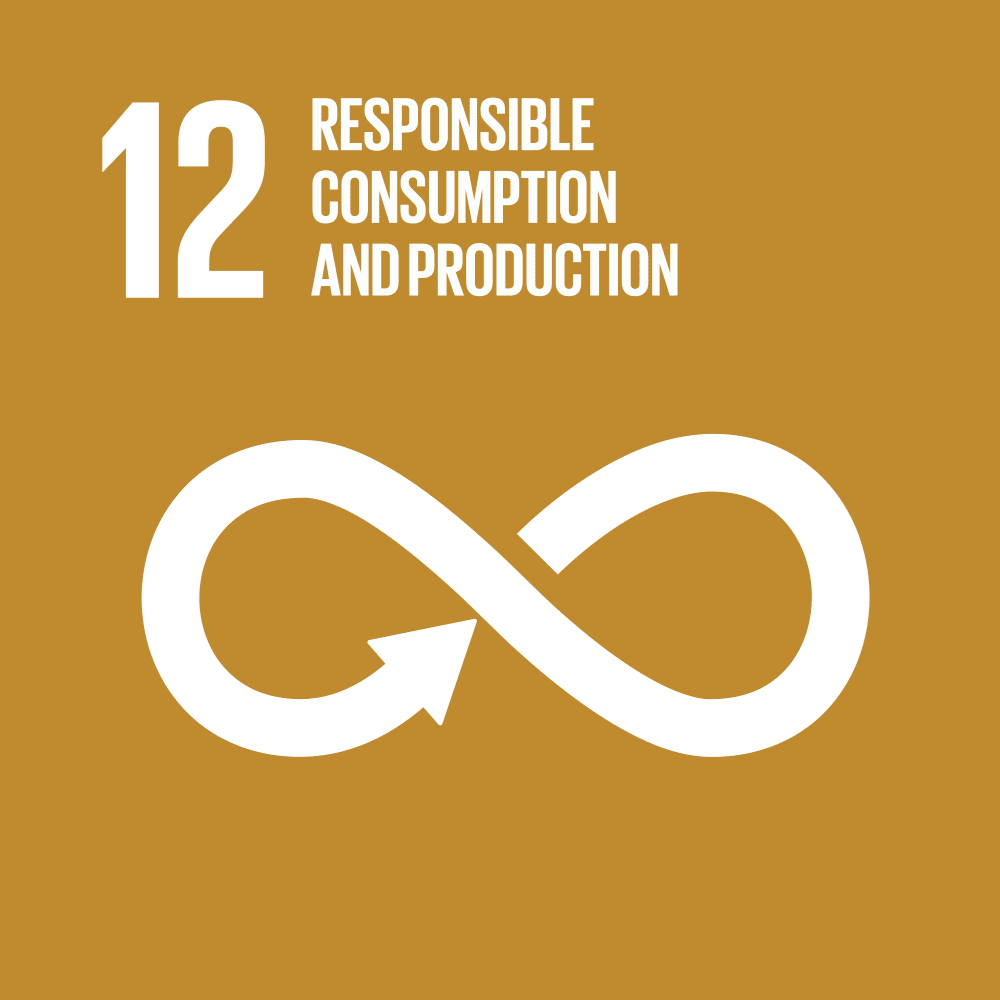
The initiative focuses on enhancing access to sport facilities by ensuring they are safe, sustainable, and inclusive, particularly for vulnerable groups. It promotes the use of eco-friendly transportation options for supporters, such as public transit, bicycles, and electric vehicles, and supports sustainable practices like providing bicycle parking and EV charging stations. The program also emphasizes evaluating the environmental impact of athletes’ travel and encourages comparisons with more sustainable transport modes. It advocates for universal access to green and public spaces, efficient use of natural resources, reduction of food waste, and minimization of chemical pollution. Additionally, the initiative aims to cut waste generation through prevention, recycling, and reuse, including composting organic waste for use as fertilizer.
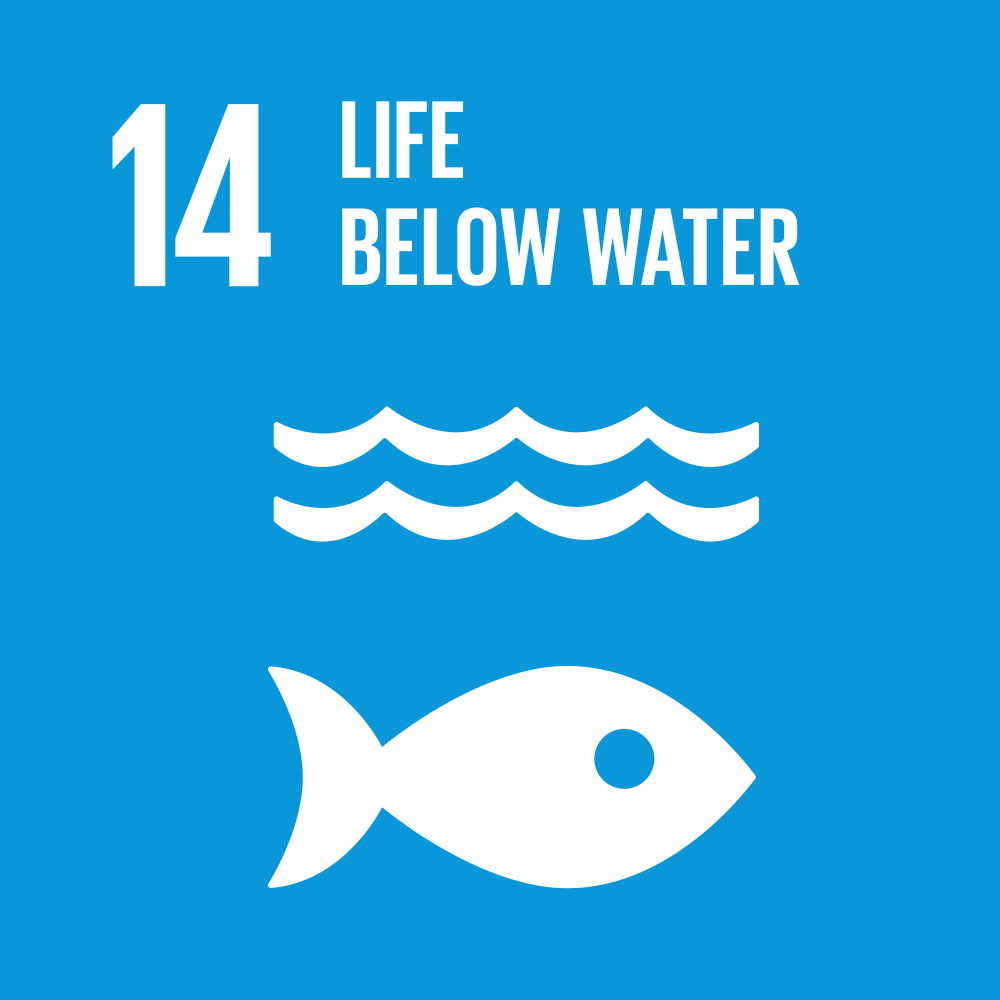
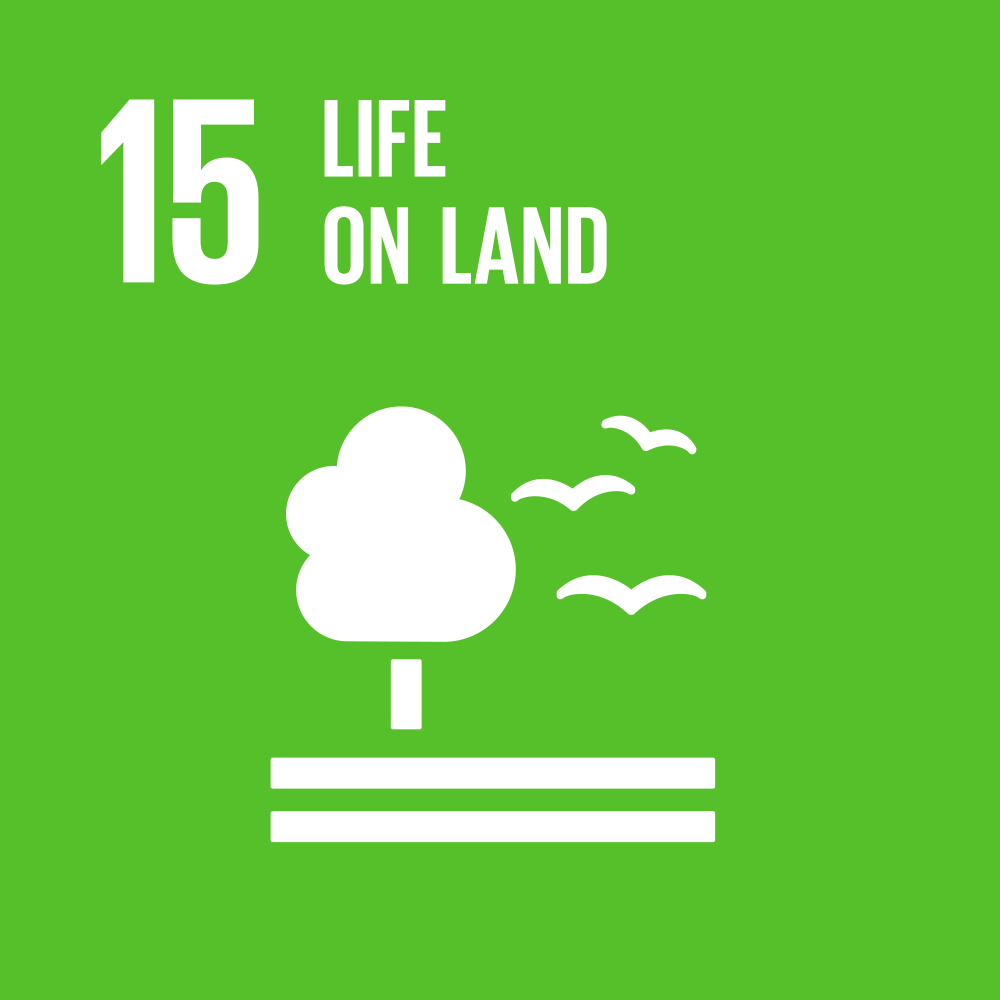
The initiative aims to address environmental challenges by significantly reducing marine pollution and combating desertification and deforestation. It focuses on increasing afforestation and reforestation efforts to restore natural habitats. Additionally, the program seeks to conserve biodiversity across terrestrial and inland freshwater ecosystems, including forests, wetlands, mountains, and drylands.
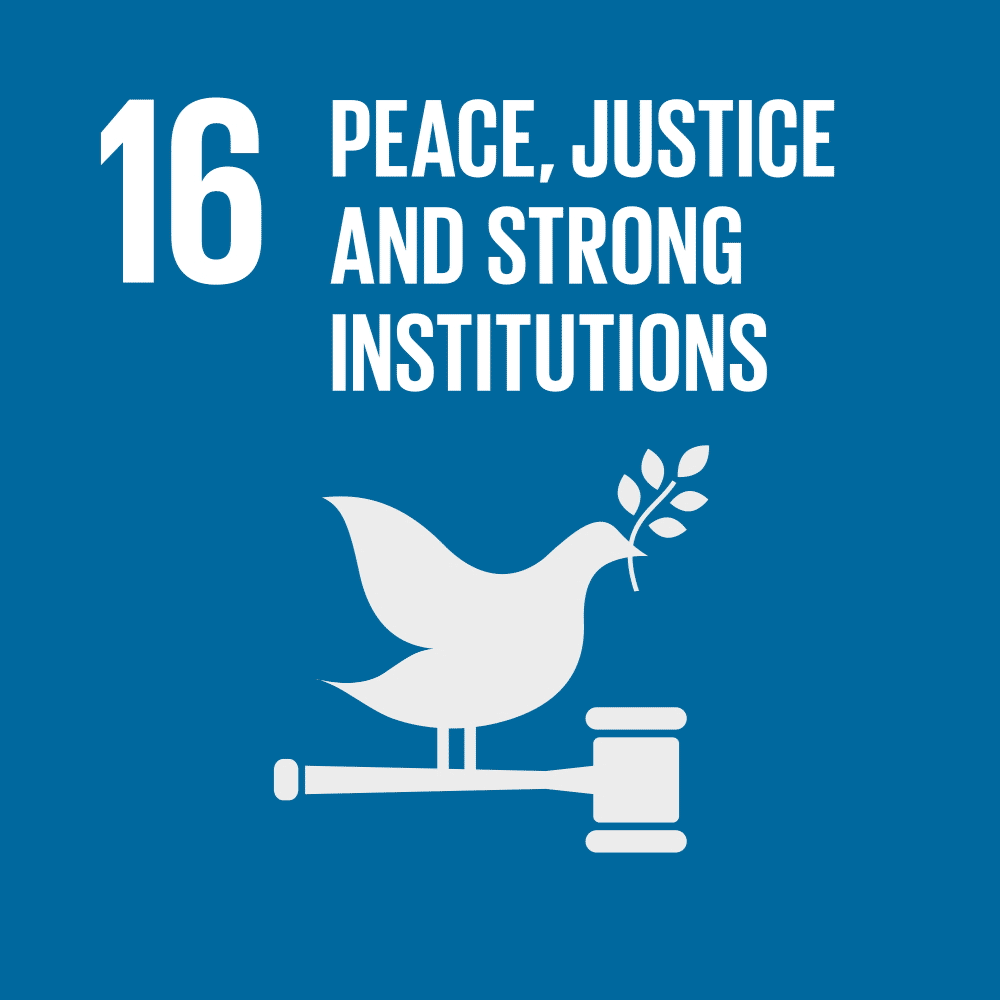
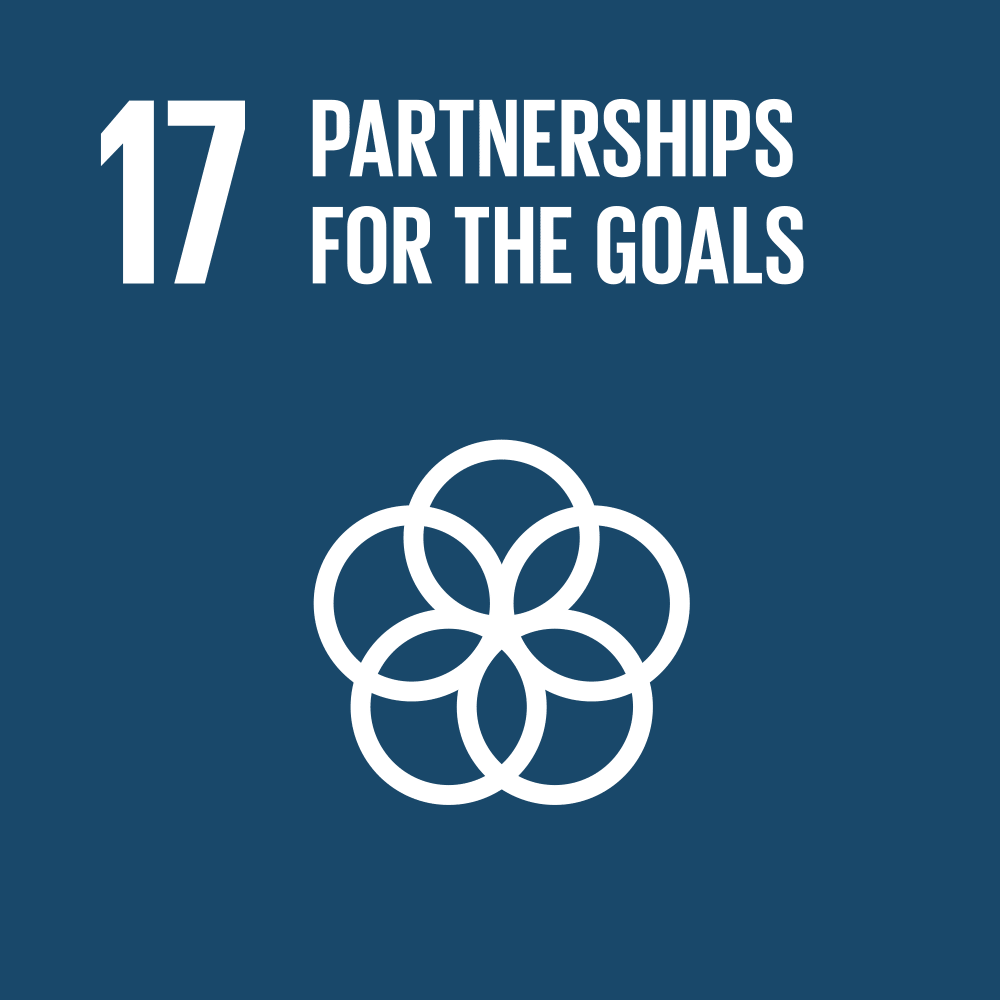
The initiative focuses on fostering a more just and equitable society by reducing all forms of violence and tackling corruption and bribery. It aims to build effective, accountable, and transparent institutions at every level of governance. Additionally, the program seeks to ensure that decision-making processes are responsive, inclusive, participatory, and representative of diverse voices and perspective.
